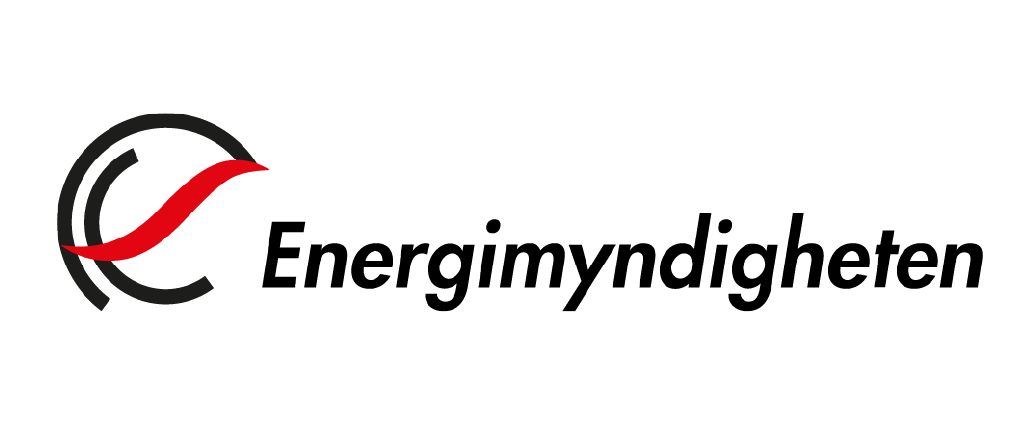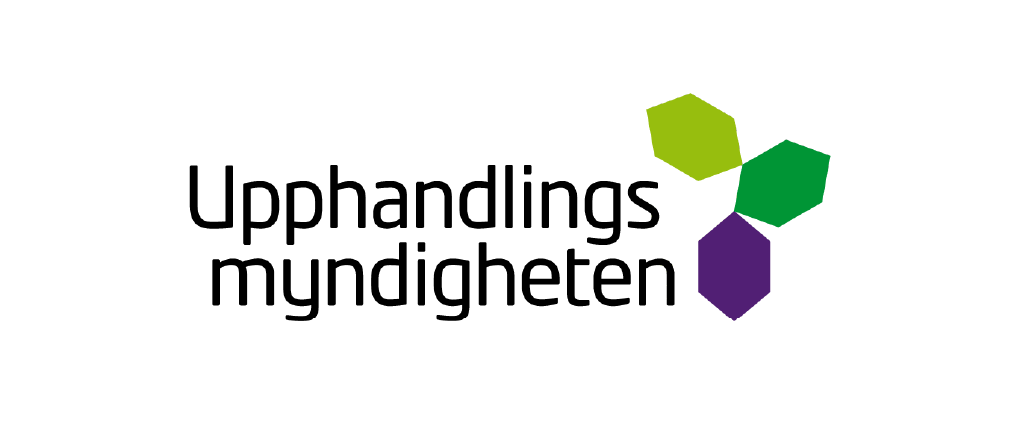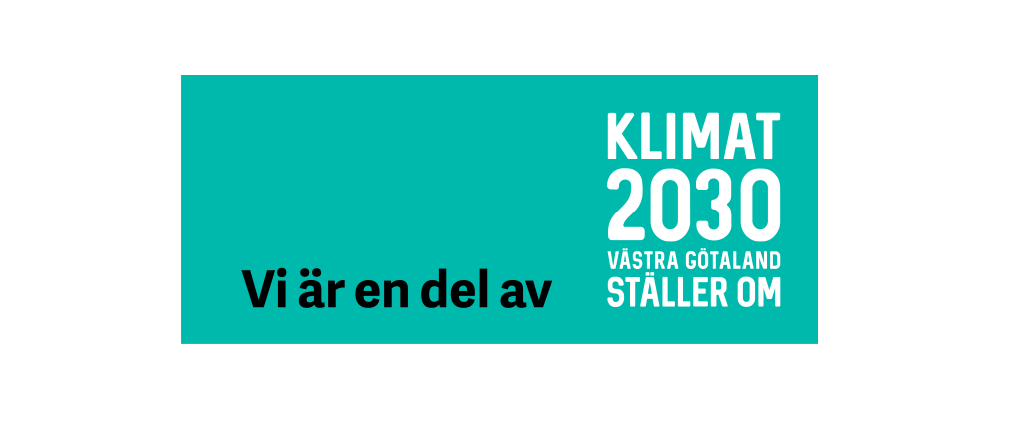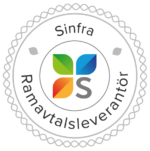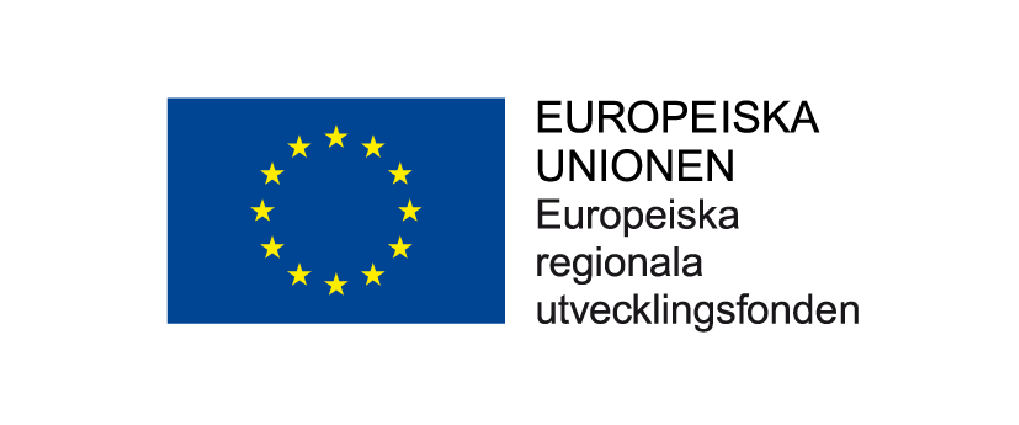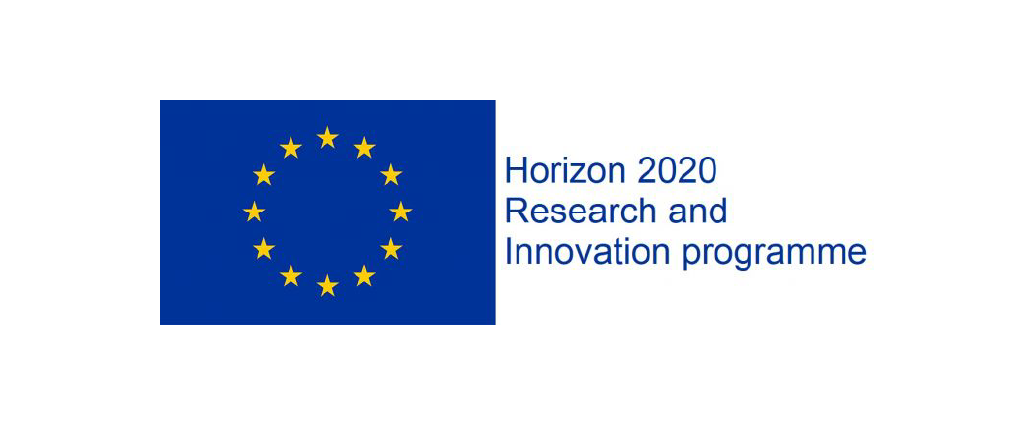Criteria for Sustainable Buildings in Sweden
- Utgivare: Springer Proceedings in Energy
- År: 2018
- ISBN:978-3-030-00661-7
- Författare: Åsa Wahlström, Catarina Warfvinge
- Typ: Konferensbidrag
To continue to be an effective guidance tool for the property and construction sectors and to meet the environmental quality objectives, the Swedish certification system Miljöbyggnad needed to be developed. Over the years, new research results have been published and political decisions made that affect sustainable building and construction. What was rated as ‘best available technology’ ten years ago has now become standard. In this project, industry and academia have collaborated to implement research findings into practice. Miljöbyggnad considers requirements of energy, indoor environment and material use. The criteria give high scores for low heating power need, low heating loads from the sun, energy efficiency, high share of renewable energy, good sound levels, low radon exposure, good ventilation performance, moisture safety, indoor comfort in winter and summer, good daylight, low risk of legionella, documentation on material used, avoidance of hazardous substances and evaluation of the framework’s life cycle effects on climate change. Compliance with the criteria in Miljöbyggnad improves the potential for sustainable building design. The criteria give special consideration to fitting in with the outdoor climate throughout Sweden as well as Swedish building regulations and practice in the property and construction sectors. The work to evaluate and improve the criteria in Miljöbyggnad has taken two years and involved over 250 people from research and industry. The criteria are based on scientific values and can be verified, and they all support meeting different environmental objectives.
Availabel here
Åsa Wahlström and Catarina Warfvinge, ”Criteria for Sustainable Buildings in Sweden”, In: Johansson D., Bagge H., Wahlström Å. (eds) Cold Climate HVAC 2018. CCC 2018. Springer Proceedings in Energy. Springer, Cham, ISBN: 978-3-030-00661-7, doi.org/10.1007/978-3-030-00662-4_83, 2019.
